The Fall of the Faculty: The Rise of the All Administrative University.
Logos
Most university teachers in the United States are part time, contingent employees. Their job title of "adjunct" is added to term designating academic rank (lecturer, assistant professor), but carries no job rights, benefits, or expectation of continued employment beyond the present semester. Most full time "academic" jobs are now held by administrators. How did we get here? Benjamin Ginsberg considers these questions, as Matthew Abraham explains.

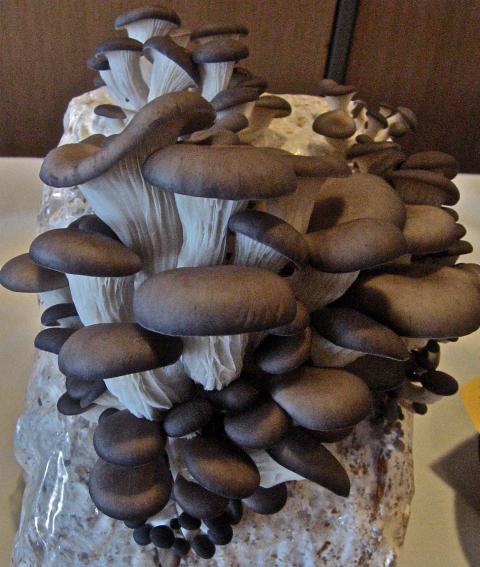
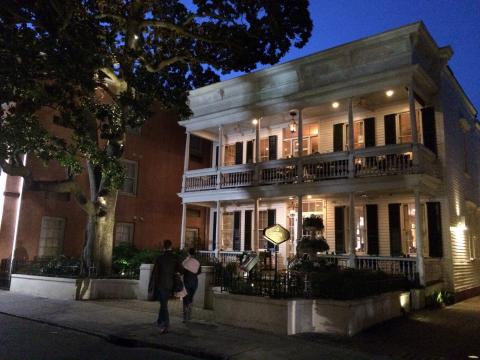

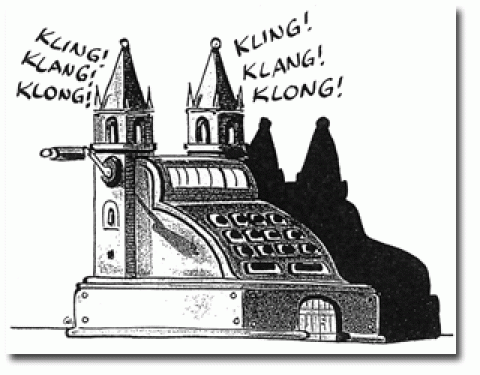
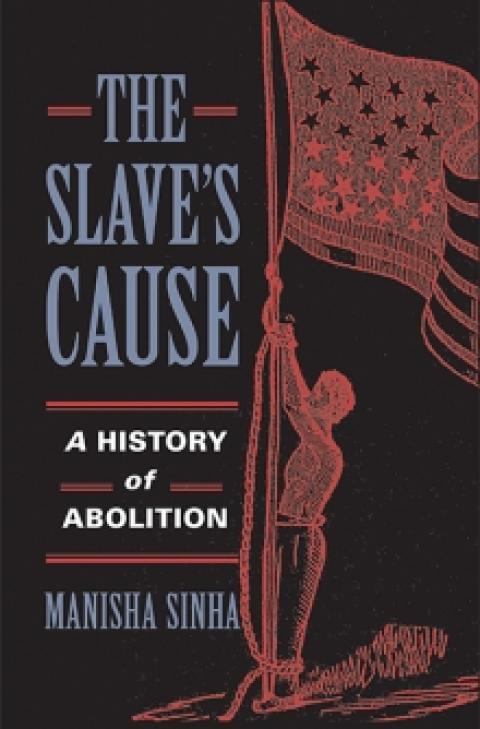
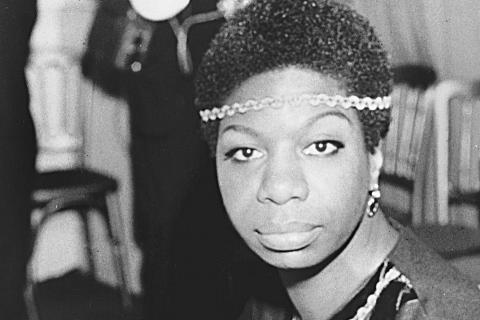

Spread the word